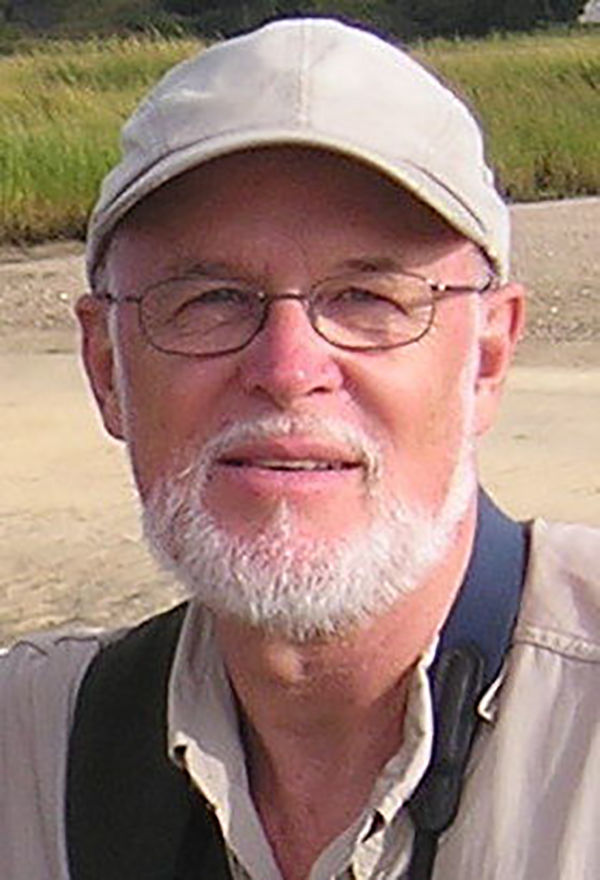MONT ALTO, Pa. — The Citizens’ Climate Lobby (CCL), a nonprofit, nonpartisan advocacy group focused on national policies to address climate change, will educate citizens about the effects of climate change and recommend a strategy to combat it during “Carbon Fee and Dividend: A Market-based Solution to Climate Change” from 6:30 p.m. to 8:30 p.m. Oct. 27 in the Multipurpose Activities Center at Penn State Mont Alto. The event is free and open to the public.
Aquatic biologist Ed Perry will speak about “The Impact of Climate Change on Fish and Wildlife and What We Can Do about It." The documentary “Facing the Surge" will also be shown. Produced by Diogo Castro Freire, the film illustrates the tangible costs of sea-level rise for the people of Norfolk, Virginia, and the Norfolk Naval Station ― the largest naval base in the country where thousands of Americans are struggling to adapt to rising tides and an uncertain future. In addition, CCL member Michael Mark will describe the benefits of “Carbon Fee and Dividend” as a solution to address climate change.
Perry retired in 2002 after a 30-year career with the U.S. Fish and Wildlife Service. Since 2007, he has been an advocate for the National Wildlife Federation’s global warming campaign, educating hunters, anglers, and conservationists about the effects of climate change on Pennsylvania’s fish and wildlife.
“Climate scientists have been telling us for years that our continued reliance on fossil fuels would create more extreme weather and cause more than 40 percent of all life on the planet to go extinct in the lifetime of my grandson unless we greatly reduce our emissions of carbon pollution from large industrial sources, like power plants,” said Perry.
CCL’s preferred climate solution, known as Carbon Fee and Dividend, is a national, revenue-neutral carbon fee-and-dividend system that would place a predictable, steadily rising price on carbon, with all fees collected minus administrative costs being returned to households as a monthly energy dividend.
A study prepared for the CCL by Regional Economic Models Inc. and Synapse Energy Economics Inc. "shows that in just 20 years such a system could reduce carbon emissions to 50 percent of 1990 levels while adding 2.1 million jobs above baseline to the American economy,” according to CCL’s website.
Mark worked for the National Oceanic and Atmospheric Administration for more than 25 years as a hydrologist doing river and flood forecasting. He also worked for 10 years at the Pennsylvania Department of Environmental protection in the public drinking water program. He holds degrees in meteorology and water resources engineering.
For more information about the event, contact Zig Herzog at [email protected].
